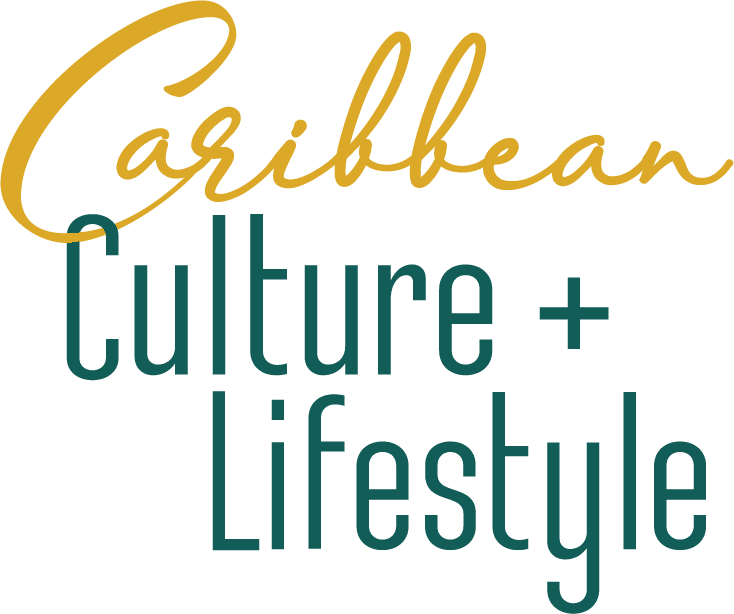Are you using more plastic during the coronavirus pandemic? You’re not alone.
This year was meant to mark an ultimate shift away from plastic. In January, the government officially began its roll-out to ban single-use plastic in Belize. Today, defining images of the coronavirus pandemic all seem to feature one thing: plastic. Surgical masks, gloves, protective equipment, take-out containers, and even disposable plastic bags. The current COVID-19 crisis has spurred a rapid expansion in the production of desperately-needed plastic products, with governments racing to boost their stockpiles and regular citizens clamoring for their share of supplies. Such production is necessary. But all that plastic ends up somewhere and environmentalist fears a relapse to plastic dependency. And when PPE gets discarded in public areas, it ends up clogging sidewalk drains and washing into waterways.
Concern about safety and cross-contamination has caused a surge in demand for bottled water, PPE, plastic bags and packaging. However, just acknowledging your plastic consumption during the pandemic is a great first step. By committing to temporary solutions, you’re acknowledging the need for action against plastic pollution. Understandably, we are in one of the most significant public health crises of modern times. This also means we need to be even more cautious about managing (or mismanaging) our plastic use, post-pandemic.
Disposable versus Reusable
Demand for products such as disposable wipes, cleaning agents, hand sanitizer, disposable gloves and masks is at a record high. Unfortunately, they’re also being thrown out in unprecedented volumes. Amid understandable concern over health and hygiene during the pandemic, the problem of disposable plastics has taken a back seat. However, there is little evidence to show plastic bags are a safer option, and at least reusable cloth bags can be washed. In Belize, home delivery services are seeing a surge, while keeping to Belize’s single-use plastic phase-out with cardboard boxes. And with restaurants still closed for dine-in service, consumers don’t have many options to help curb take-out waste, even if they wanted to.
Stay safe, while staying sustainable
We can expect the environmental cause will return to the foreground when the COVID-19 crisis has passed. In the meantime, take individual steps to be reusable when safe, convenient, and affordable. With Belize making face masks mandatory for anyone in public, make a one-time investment in a reusable face mask instead of its disposable counterpart. You’ll need more than one and can simultaneously support multiple local tailors.
Talk to takeaway food outlets about non-plastic options. Make the switch now, before Belize bans single-use plastic in December 2020. Suggest paper bags to your local food vendor, which could be cheaper and less risky than plastic ones. Additionally, you can also request disposable cutlery or napkins to be excluded from your home delivery. Lastly, look for grocery suppliers offering more sustainable delivery packaging, such as cardboard boxes or biodegradable bags.














